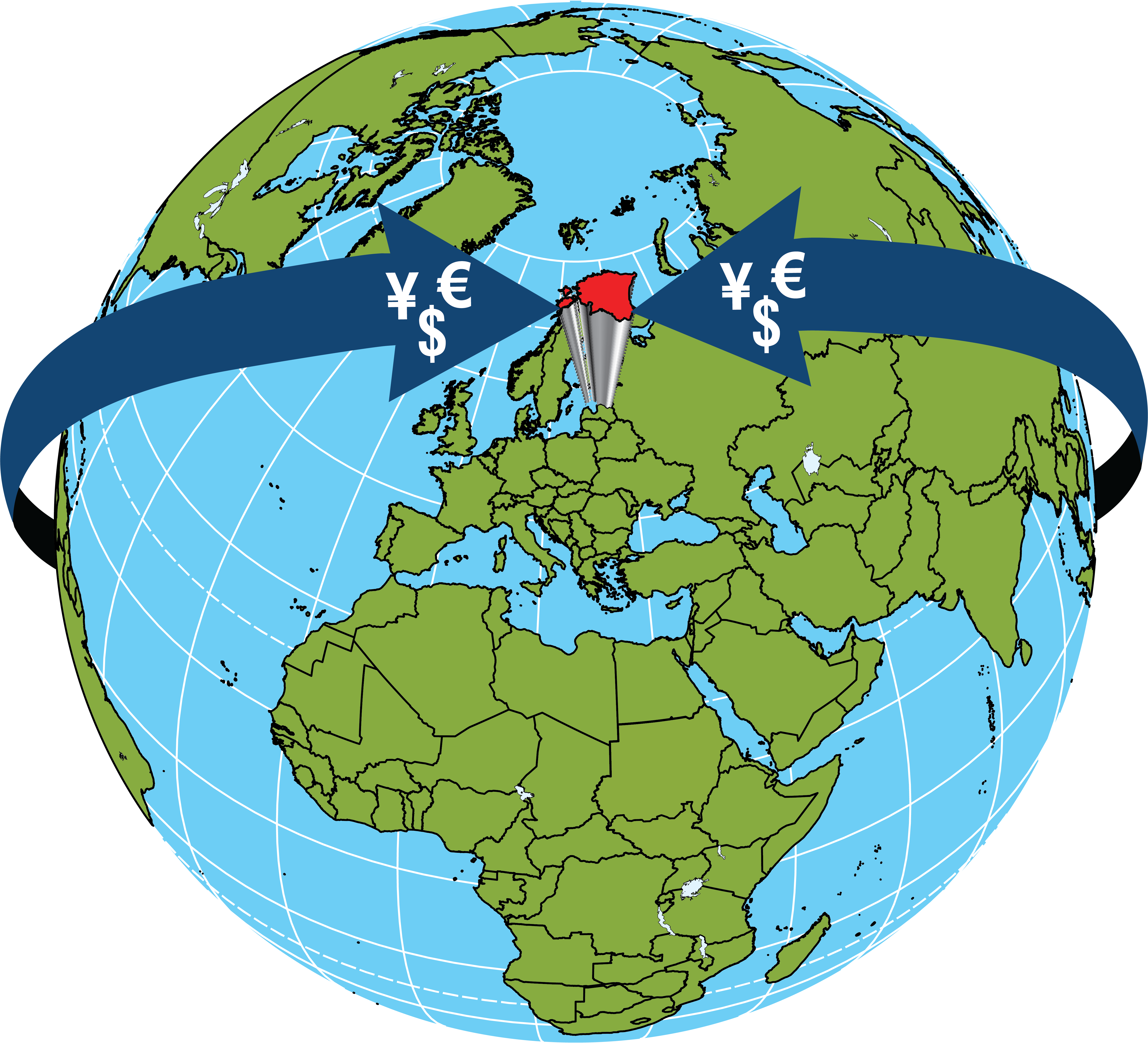Foreign Direct Investment
What Is It?
Foreign direct investment (FDI) is an investment made by an individual or business entity from one country in a business enterprise in another country. A key component of a foreign direct investment (versus a portfolio investment), however, is the acquisition of full or substantial control (decision-making influence) of the enterprise.
How Is It Calculated?
Foreign direct investment typically takes one of several forms:
- The purchase of shares of stock of an established company;
- The purchase of real estate; or
- The expansion of new facilities in the subject country.
Foreign direct investment net inflows is simply the difference between inflows and outflows of foreign investment.
FDI Net Inflows = FDI Inflows – FDI Outflows
What Does It Mean?
Foreign direct investment occurs when foreign investors feel that economic, social, political, geographic, resource, infrastructure, and labor conditions in a country are favorable to an investment.
Foreign direct investment can lead to economic growth, job creation, regional development, better use of a country’s natural resources, increased competition to benefit local consumers, favorable balance of payments, technology transfer, and improved capital flows.
Foreign direct investment also has the potential to disrupt local industries, stifle domestic competition, decrease local control, increase capital outflows to other countries, disrupt local business practices, and erode host culture.
Copyright © 1993—2025 World Trade Press. All rights reserved.

 Estonia
Estonia 

